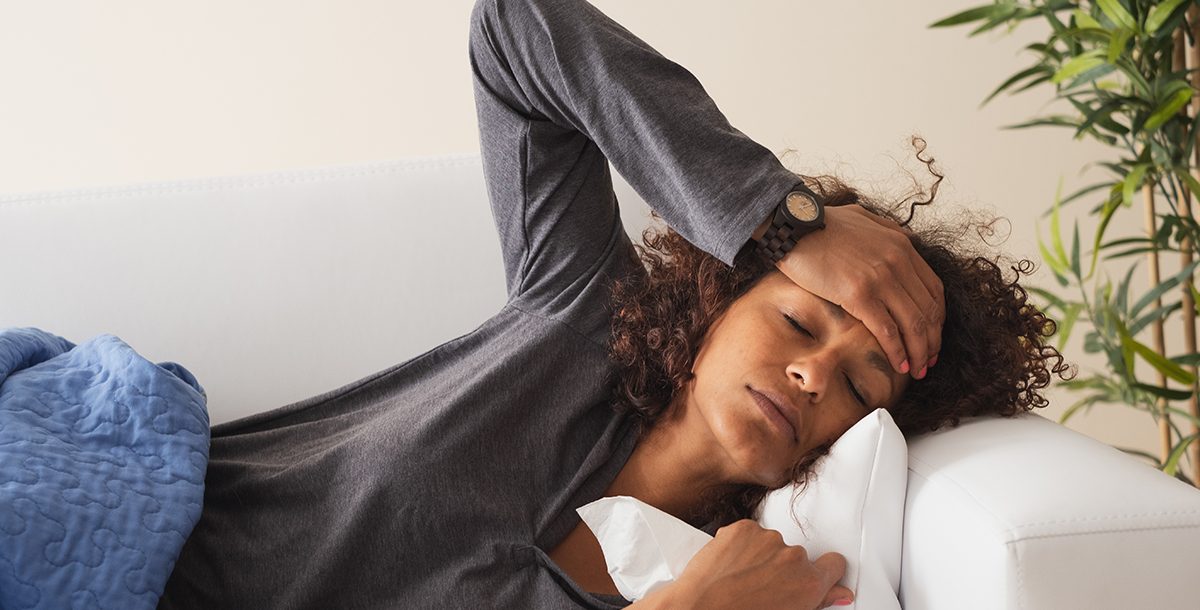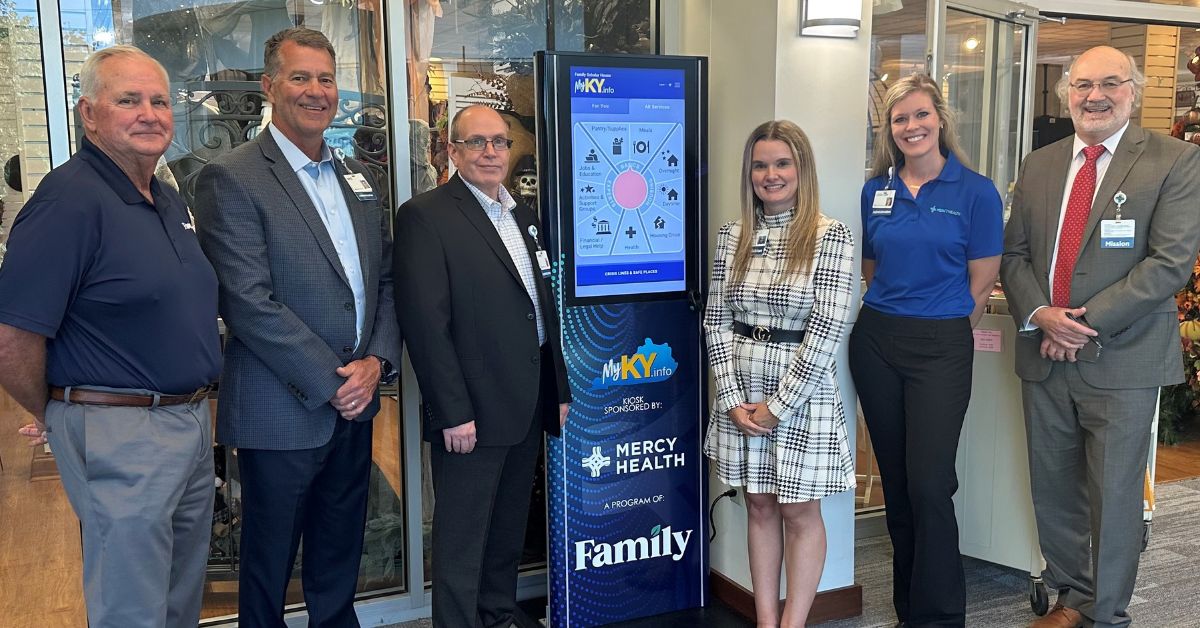The new coronavirus has officially been detected in the United States. While there is still much being discovered about this new strain of the virus, we’ve gathered information and tips to help educate and protect you and your family.
Building awareness
What is coronavirus?
The 2019 novel (new) coronavirus (COVID-19) is a new respiratory virus and was first identified in Wuhan, Hubei Province, China. Coronaviruses are a large family of crown-shaped viruses that are common in many different species of animals. According to the CDC, rarely, animal coronaviruses can infect people and then can spread from person-to-person. Past coronavirus outbreaks include the MERS outbreak in 2015 and the SARS outbreak in 2002.
The CDC also found that in the case of COVID-19, many early patients had some link to a seafood and live animal market in China. Over time, the number of patients with exposure to the market lessened, indicating person-to-person spreading of the virus.
What are the symptoms?
According to the CDC’s website, the symptoms of COVID-19 may appear in as few as two days or as long as 14 after exposure. This is currently based on what has been seen previously as the incubation period of MERS viruses.
The symptoms are similar to a common cold or flu and can include:
- Mild to severe respiratory illness
- Fever
- Cough
- Difficulty breathing
Is it contagious?
It is still not clear how COVID-19 spreads from person-to-person, but when the MERS and SARS outbreaks spread, it was thought to have mainly spread when an infected person coughs or sneezes.
Michael Todd, MD, a Mercy Health primary care physician, explains there are a lot of similarities between this new coronavirus and a typical virus, such as the flu.
“All of our providers, nurse to doctor, are prepared to treat it,” he says.
Preventing the spread
Dr. Todd explains that tracking and monitoring the coronavirus is important to prevent it from spreading.
Practice good hygiene
As of now, there is no vaccine available to prevent the COVID-19 infection. Dr. Todd recommends following “strict sanitary precautions” to prevent spreading respiratory viruses. These include:
- Wash your hands often with soap and water for at least 20 seconds.
- Avoid touching your eyes, nose and mouth with unwashed hands.
- Avoid close contact with people who are sick or showing signs of illness.
- Stay home when you are sick.
- Cover all coughs or sneezes with a tissue.
- Clean and disinfect objects and surfaces.
Stay updated
As the CDC learns more about the new coronavirus, it’s important to be aware of the ongoing developments surrounding this virus.
“Always reference back to the CDC website,” Dr. Todd advises.
Stay updated on what Mercy Health is doing related to COVID-19.
Call our 24/7 COVID-19 Hotline at (888) 700-9011 for questions and guidance.






